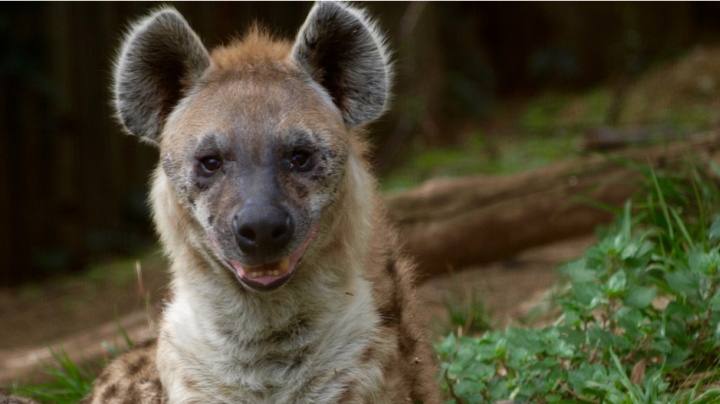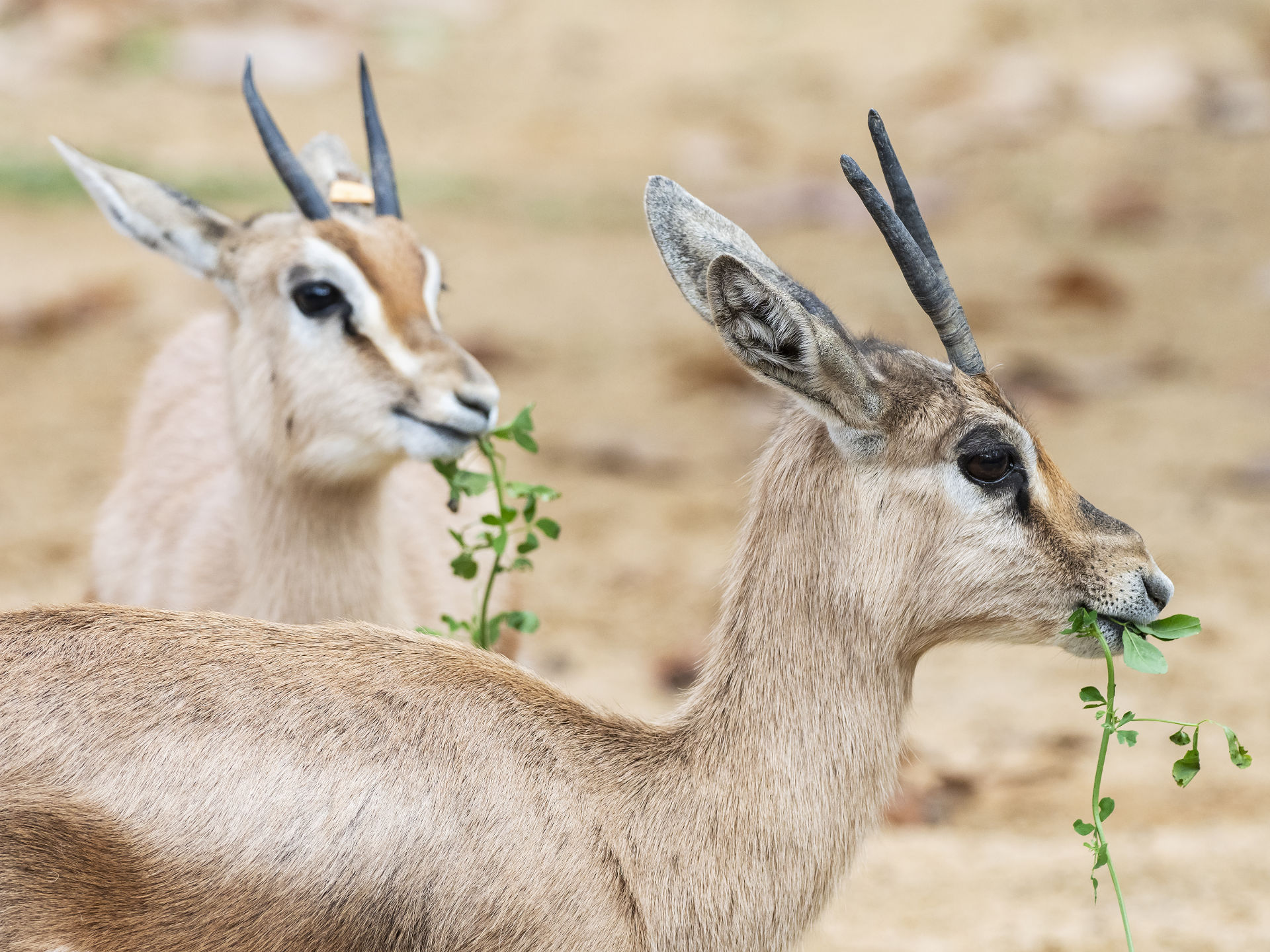
Large populations of carnivores have diminished all over the world during the last century, mainly as a result of increased conflict with humans. Large carnivores have cascade effects on the ecosystem and their conservation at ecologically effective densities is crucial for maintaining ecological functions. While protected areas are the main mechanism for conserving predators, they are becoming increasingly isolated and often insufficient for the large areas required for wild carnivores. In the east of Africa and especially in Kenya, given the human population growth and drop in natural prey, the conflict between humans and carnivores has been on the rise, often resulting in diminishing populations of carnivores.
The spotted hyena (Crocuta crocuta) is dying out in Kenya because of the direct persecution it has suffered at the hands of humans, given its responsibility for most attacks on livestock and it is one of the clearest examples of conflict between carnivores and humans. Hyenas are very flexible in their behaviour and ecology, which enables them to adapt rapidly to ecosystems that are being increasingly dominated by humans and, sometimes, substituting wild prey with domestic livestock. Note that the animosity towards hyenas is frequent in several indigenous African groups, with traditional tales and stories that convey culturally developed prejudices and a persistent antipathy towards the species, making its conservation even more difficult.
Collars with GPS will mainly be used for understanding the movements and patterns of activity of the spotted hyena. The Barcelona Zoo Foundation’s goal is to award microgrants to support research and/or conservation for the Global Change and Conservation Lab Research Group at the University of Helsinki, so that it can acquire and attach two collars with GPS on to two spotted hyenas in the area under study. The Research Group has been working in close cooperation with Kenyan institutions in field work, such as the Kenya Wildlife Service, the National Museums of Kenya, the Turkana Basin Institute and the Mpala Reseach Centre. These institutions have been tasked with managing both the administrative and the local logistics sides, such as providing the legal framework for the research and integrating the results into conservation programmes. The project is making an important contribution to the global assessment of the state of hyenas being conducted by the UICN’s Hyaena Specialist Group, in which a specialist from the research group at the University of Helsinki is taking part. The National Geographic Society has given support to the project by financing four GPS collars, although the acquisition and attachment of a further two collars, funded by the Barcelona Zoo Foundation is considered very important for obtaining statistically significant results to extract a sufficient amount of conclusive data.



